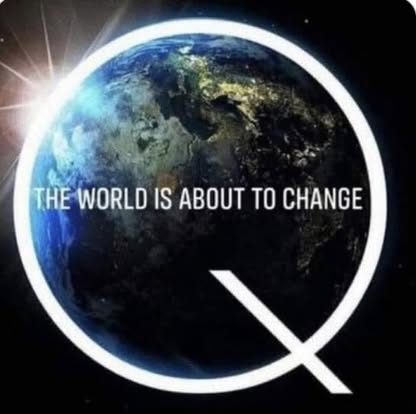
Vice President JD Vance appears on CBS’s Face the Nation on January 26 with a message to Catholic bishops. (Credit: Face the Nation screenshot)
In his first major interview with European media, Vice President JD Vance asserted that Europe must not remain a “permanent security vassal” of the United States, arguing that the enduring post-World War II security framework no longer serves the interests of either Americans or Europeans.
Vance’s remarks—delivered during an interview with the UK outlet UnHerd on Monday—come at a time of mounting political friction between the United States and Europe, driven largely by sharp divisions over the Russo-Ukrainian war and disputes surrounding member states’ NATO funding.
The Vice President voiced frustration with Europe’s longstanding approach to security, describing it as a persistently neglected priority.
“The reality is—it’s blunt to say it, but it’s also true—that Europe’s entire security infrastructure, for my entire life, has been subsidized by the United States of America.”
At the moment, Vance noted, only three European nations— the United Kingdom, France, and Poland—maintain truly self-sufficient militaries. “In many respects, they’re the exceptions that prove the rule: European leaders have radically underinvested in defense, and that must change.”
Vance’s remarks reinforce persistent pressure from President Donald Trump’s administration on European capitals, criticizing their heavy dependence on American military power for defense.
Trump has urged NATO member states to boost their defense spending to 5 percent of GDP—a significant jump from the alliance’s current benchmark of 2 percent, which is expected to be raised at the upcoming summit in The Hague this summer.
Back in 2014, NATO members committed to raising defense spending to 2% of their GDP, yet several nations continue to fall short of meeting that target.
The Trump administration has repeatedly suggested that the US may not rush to support NATO allies who fail to meet their own defense commitments. “If they don’t pay, I’m not going to defend them,” Trump said in February.
Defense Secretary Pete Hegseth recently echoed that stance, saying that American military presence in Europe military presence in Europe isn’t guaranteed indefinitely.
NATO Secretary-General Mark Rutte concurred with Trump’s stance, agreeing that it is essential for European members to increase their defense spending, especially in light of escalating tensions across the globe.
Several Western officials—particularly from globalist circles—have suggested that Russia could launch an attack on European NATO members within the next few years. Moscow, however, has firmly dismissed the speculation as “nonsense,” asserting it harbors no such intentions.
During the interview, Vance, who has been criticized by some globalist media pundits for remarks he made during his Munich Security Conference speech, reaffirmed his admiration for the European people and their cultures.
“I love European people. I’ve said repeatedly that I think that you can’t separate American culture from European culture,” he said. “We’re very much a product of philosophies, theologies, and of course the migration patterns that came out of Europe that launched the United States of America.”






